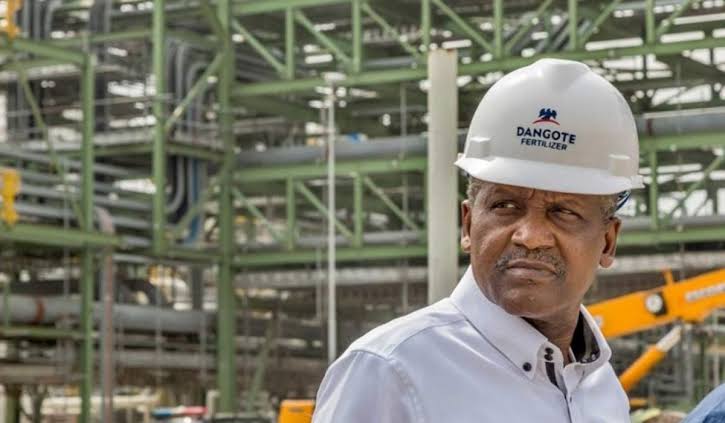Aliko Dangote, Africa’s richest person and head of the Dangote Group, announced at the Afreximbank meeting in Abuja that his company aims to make the continent fully self-sufficient in fertiliser within the next 40 months. His $2.5 billion plant near Lagos currently produces 3 million tonnes of urea annually already Africa’s largest and exports around 37% to markets like the U.S. In a bold move, Dangote plans to double the facility’s capacity, overtaking Qatar as the world’s biggest single-site urea producer .
Africa now imports over 6 million tonnes of fertiliser annually, putting a heavy strain on foreign exchange reserves, especially in Nigeria where the currency remains weak. By scaling up production, Dangote envisions not only meeting local demand but also supplying neighbouring nations, easing currency pressure and enhancing regional food security .
Industry analysts applaud the initiative but caution that such massive growth hinges on solving Nigeria’s infrastructure problems specifically ports and logistics that often delay large-scale exports and imports. Executing an expansion of this scale also brings significant financial risks of cost overruns. Nonetheless, Dangote’s track record with large projects like the refinery currently being built gives investors confidence .
In a related announcement, Dangote confirmed his intention to list the fertiliser plant on the Nigerian Stock Exchange before the end of 2025, offering public investment opportunities, with the refinery set to follow in 2026 .
Why This Matters
- Foreign‑exchange relief: Cutting import bills could save Africa billions and relieve pressure on local currencies.
- Food security boost: Affordable fertiliser can directly support farmers and raise crop yields continent-wide.
- Market expansion: The move aligns with the AfCFTA, enabling exports across Africa and beyond.
- Investment opportunity: The impending stock listing invites public involvement in a pivotal industrial endeavour.
Dangote’s plan isn’t just a business ambition—it signals a structural transformation in Africa’s agricultural and industrial sectors. If successful, it could redefine the continent’s role in global fertiliser production and agricultural resilience. As he said at the Abuja meeting: “In the next 40 months, Africa will not import fertiliser from anywhere.”
